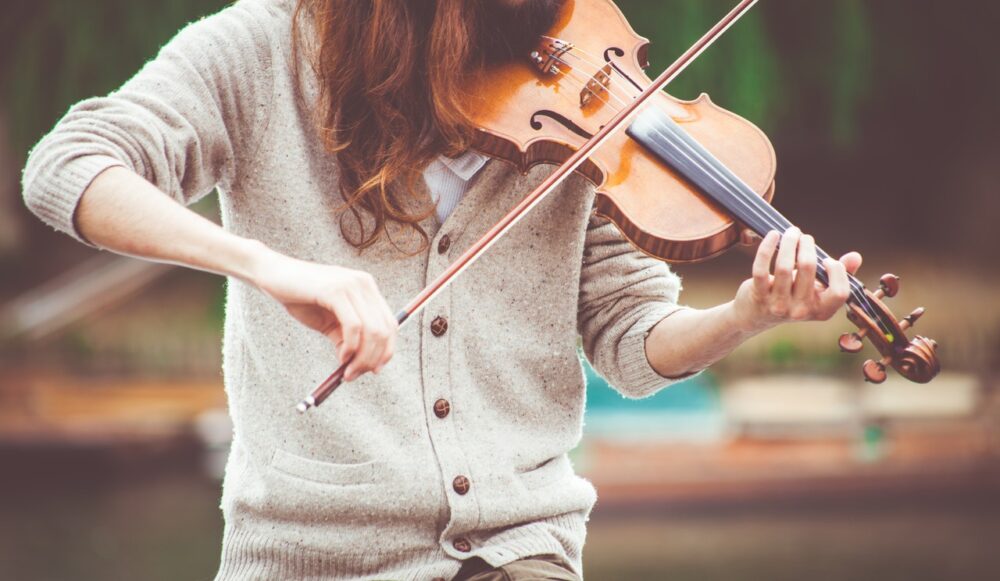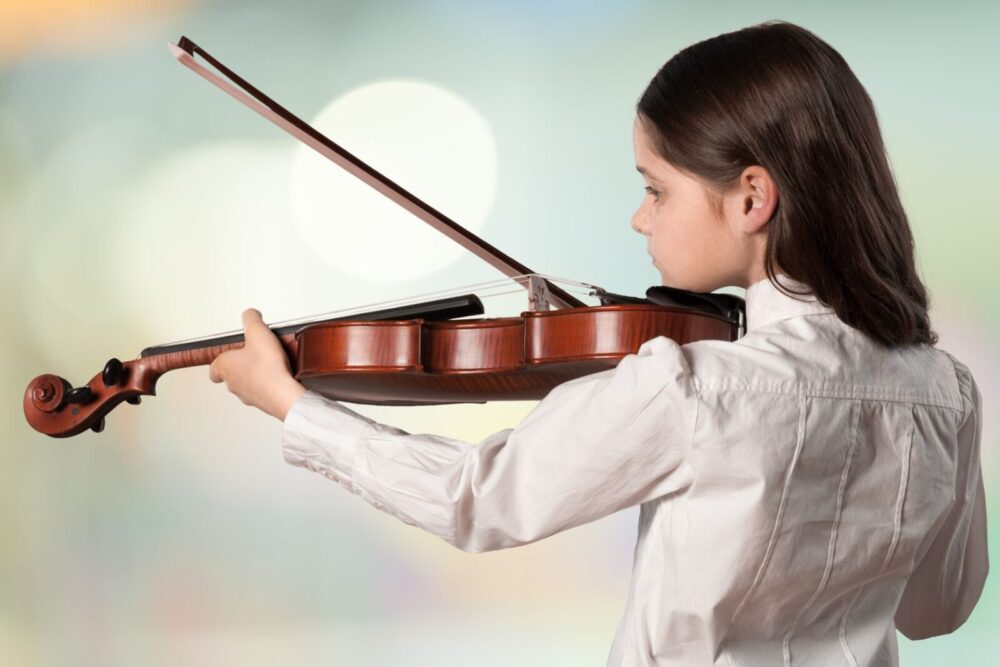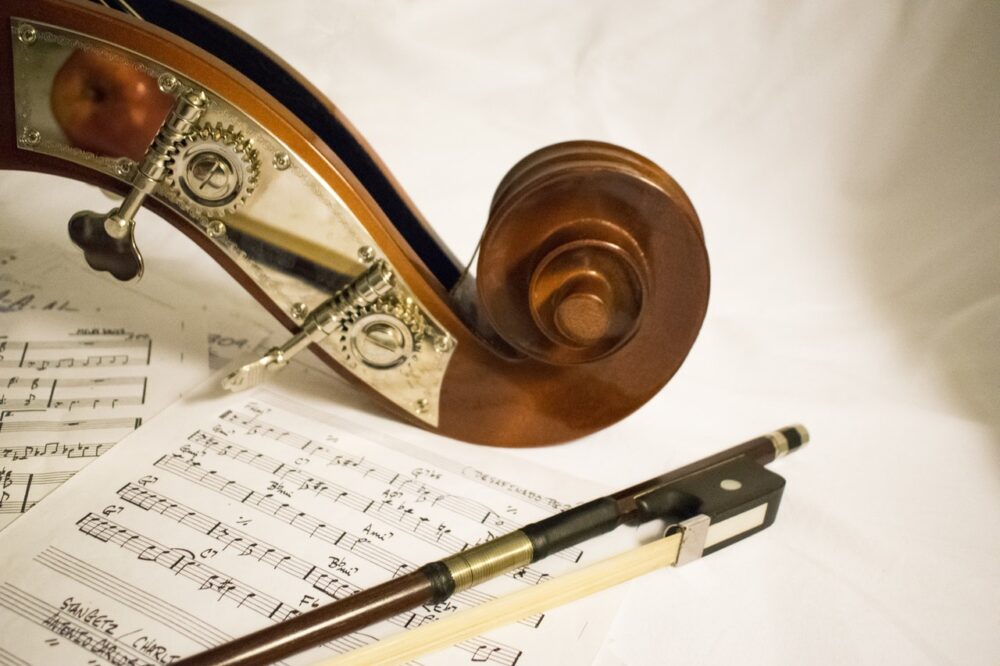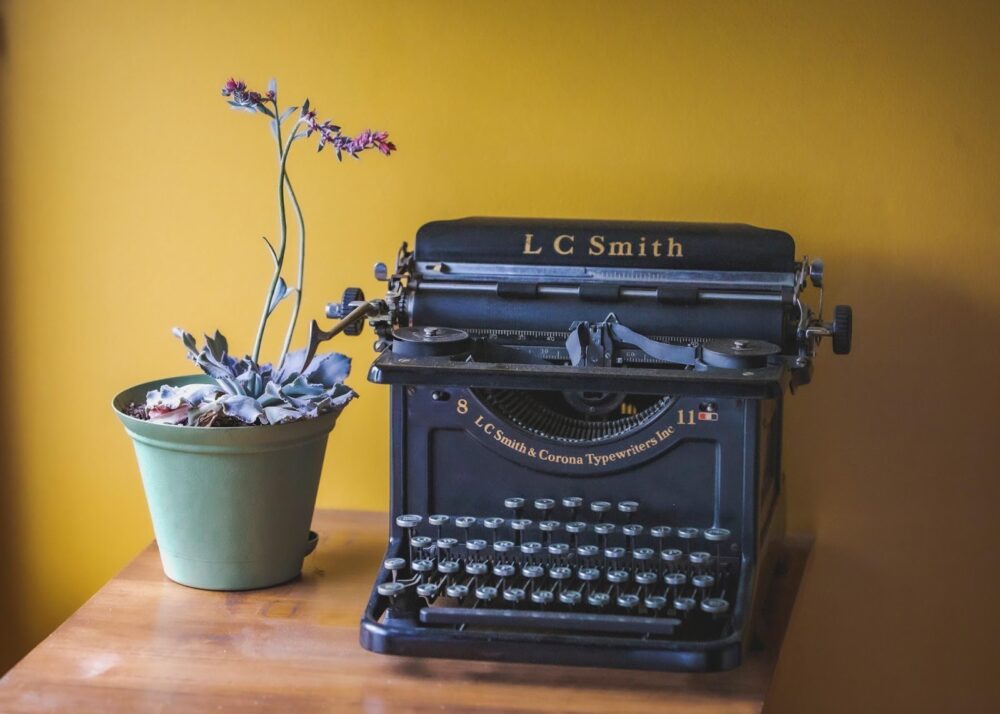The violin is a bowed instrument most popular for the high-pitched sound it makes. Listening to this instrument when played either as a soundtrack or in an orchestra can make anyone want to play it. However, just learning like a second language, learning the violin is equally a steady process. It takes time, dedication, and passion to play the violin.
But just so you know, anyone can play the violin. Anyone! As long as you are ready to be committed to the process. From the most common issues of posture and execution problems to not devoting enough time to practice, learning to play the violin can be tough. Compiled here are very important things you must know before you sign up for a violin class today.
1. The violin never sounds right when on the first try

As discouraging as that may sound, it is the truth. Your very first try certainly won’t sound like the musical in Sound of Music or the music on the Titanic. This is caused majorly by the new posture you have to learn when holding the bow. At first, it could be very awkward to fit into this position. As a result, your instrument would make a crackly and screechy sound for the first couple of weeks. However, as time goes on, you will ease into your posture and wedge the bow easily between your jaw and shoulders. Soon, you will start creating the smooth sounds you have always imagined.
2. Your violin needs good care
If you own a violin, you would have maintained it. At first, this could be tiring but you will “grow” into it over time. When violinists prepare to play, they first tighten the bow, then place a small object over the bow hair. The violin’s bow is designed with a slight curve. To retain the curve, it has to be loosened whenever it is not being played. Simply, you turn the knob at the end of the bow and rotate it the other way when you are ready to use it again. The small object which violinists rub on the hair of the bow is the rosin. This is used because bow hair does not produce sounds naturally because it is slippery. However, applying sticky resin triggers friction on it. But there is a little downside too: rosin leaves some deposit on the strings so you have to clean it off. You also have to wipe the whole violin to make sure that no rosin residue is left on it. However, though alcohol is a great cleaning agent; you must never apply it on your violin. Instead, use a soft, lint-free cloth to wipe the dust which would leave on it. You can get a proper cleaning kit in any violin store around you. You must also learn how to change bow hair and violin strings.
3. Thousands of people play the violin better than you and they may be younger!

Adults may not want to accept this fact but on social media alone, you would see tons of kids who can play the violin smarter, faster, and better. However, you must recognize that most of these people have been trained almost from their crib. They have known how to posture well with the violin ever since they could sit. So, you have to accept that learning the violin is no competition for you. A lot of people will be better than you even after you think you are better than some people.
While it may take some time to perfect techniques such as violin scales and violin vibrato, everything is still subject to time and how well you use it. With dedication, passion, and commitment, it will be easier to fall in love with the instrument and create the most pleasing end result- to express yourself through the bow.
4. You’re never alone- welcome to the family
In the moments of practice and failing, there can be a feeling of being left alone to fight your “demons”. But that is not so. The violin is a community in its own accord. From the beginners to the masters, every music group has its own inner circle so do violinists. You can always find a group of budding violinists like you who are also ready to talk about their problems with learning the violin.
You can also make mentors out of your teachers and trainers- tell them the problems you encounter during training. They have also been through the same problems and be rest assured they would not criticize your flaws.
5. You may have to buy some additional things

Just as in schools where you need notepads, textbooks, and other stationeries after paying tuition, learning the violin goes beyond just signing up for classes. You would also need other materials such as rosin to create friction on the hairs and extra strings in case any of your strings cut off.
You would also need to get a tuner to fine-tune the sound you want to produce and a music stand to hold your instrument in place when you aren’t using it.
6. You must work to be the best violinist you can be
In a world of so many violinists, becoming a professional violinist requires that you have the passion and focus to stay on top of your game at all times. You must keep on practising, staying on course to become the expert you can be.
Conclusion
Finally, your trainers must be top notch as their input will affect your learning even in advanced stages. LVL Music Academy has some of the best violin teachers you can find. Getting a good teacher would give you the advantage of experience and hindsight all through the learning process. Above all, know as much as you can and become as good as you can be without comparing yourself to anyone. You are your own person! Always remember that.



